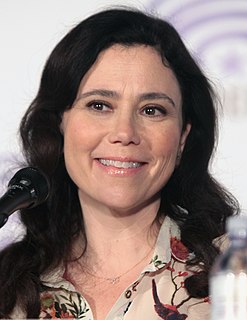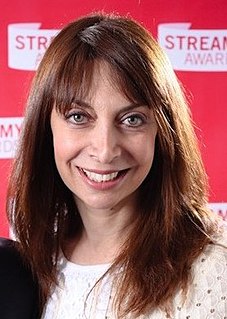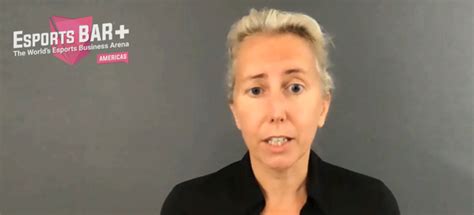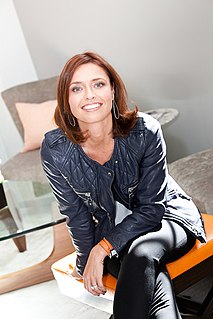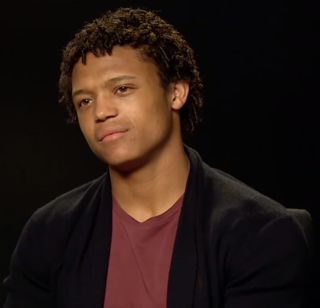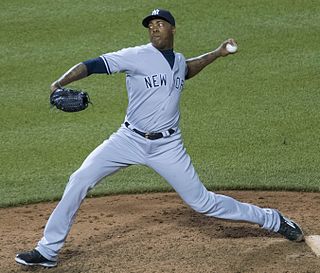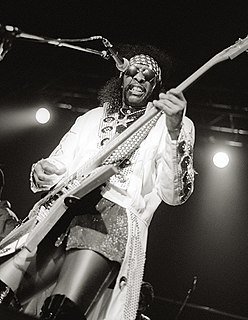A Quote by Alex Borstein
When I was doing stand-up, there were a lot of things I talked about that seemed very silly but were therapeutic.
Related Quotes
To me, acting is very therapeutic. I get out a lot of anger and frustration. It's maybe hard to believe, but as a kid I really had a lot of self-doubts. My father was very ill - he was an alcoholic - so there were a lot of things that built up for me. And because I was going to a Catholic school in a small German town, a lot of it was suppressed. I was angry and didn't know how to get it out.
We thought that the odds of things working OK were up in the upper 90 percent or we wouldn't have gone. But the - there were some problems cropped up on the flight but was able to take care of those OK and - although they were things that we hadn't really trained that much for. But it was the time of the Cold War and so there were was a lot of pressure on the - to get going and the Russians were claiming that they were - Soviets were claiming they were ahead of us in technology.
I was a woman and younger. I started spending a lot of time in the mall doing a lot of qualitative research and really watching what consumers were doing. Were they gravitating towards the sales racks, or were they looking at the new fashions? Were they there to shop, or were they there to socialize?
My parents were very, very close; they pretty much grew up together. They were born in 1912. They were each other's only boyfriend and girlfriend. They were - to use a contemporary term I hate - co-dependent, and they had me very late. So they had their way of doing things, and they reinforced each other.
I think that's something that always enticed me about the '40s - back then, the glamour and the style - you couldn't really make it up. You just were or you weren't. You either fit in that world or you fit in the other. Things were very cut and dry. Things were simple. There wasn't a whole lot of excess or flash to be flashy; it was real flash, and real excitement.
